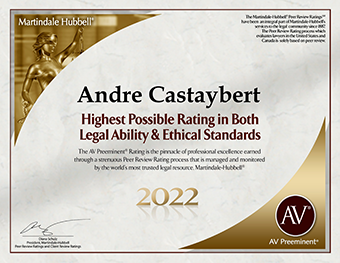We have heard the story countless times: an unknown artists sells her work for pennies on the dollar only to see it’s value escalate to astronomical heights, as auction houses and gallerists catch the windfall. The California Resales Royalties Act (“CRRA”), and a class-action by a coalition of artists, intended to end this timeless tale once and for all, but the Ninth Circuit Court of Appeals found that it was almost entirely preempted by the federal Copyright Act.
In an 8-3 decision, the Ninth Circuit neutered a provision of the 1976 state law that required California art purchasers to pay a five percent royalty to the artist if the sale occurred in California or if the owner was a California resident who sold the work out of state. While the state law remains in effect with respect to works resold from January 1, 1977 to January 1, 1978, artists of works sold before or after those dates cannot recoup past royalties or collect royalties on sales in the future.
Read more about the decision here.
To learn how Castaybert PLLC can assist with art law matters, click here.







